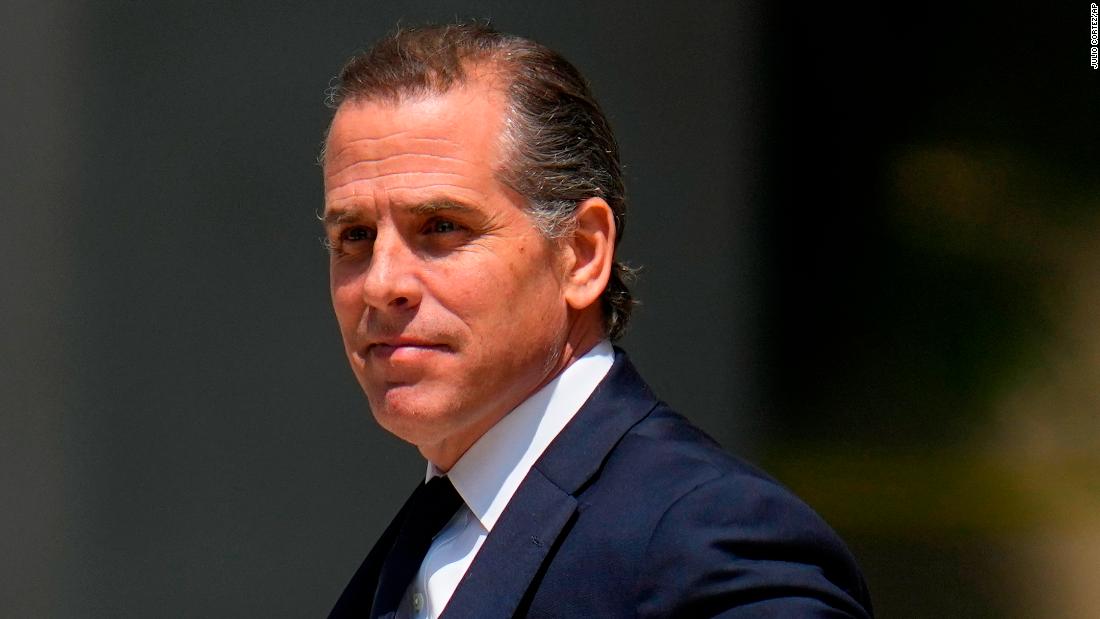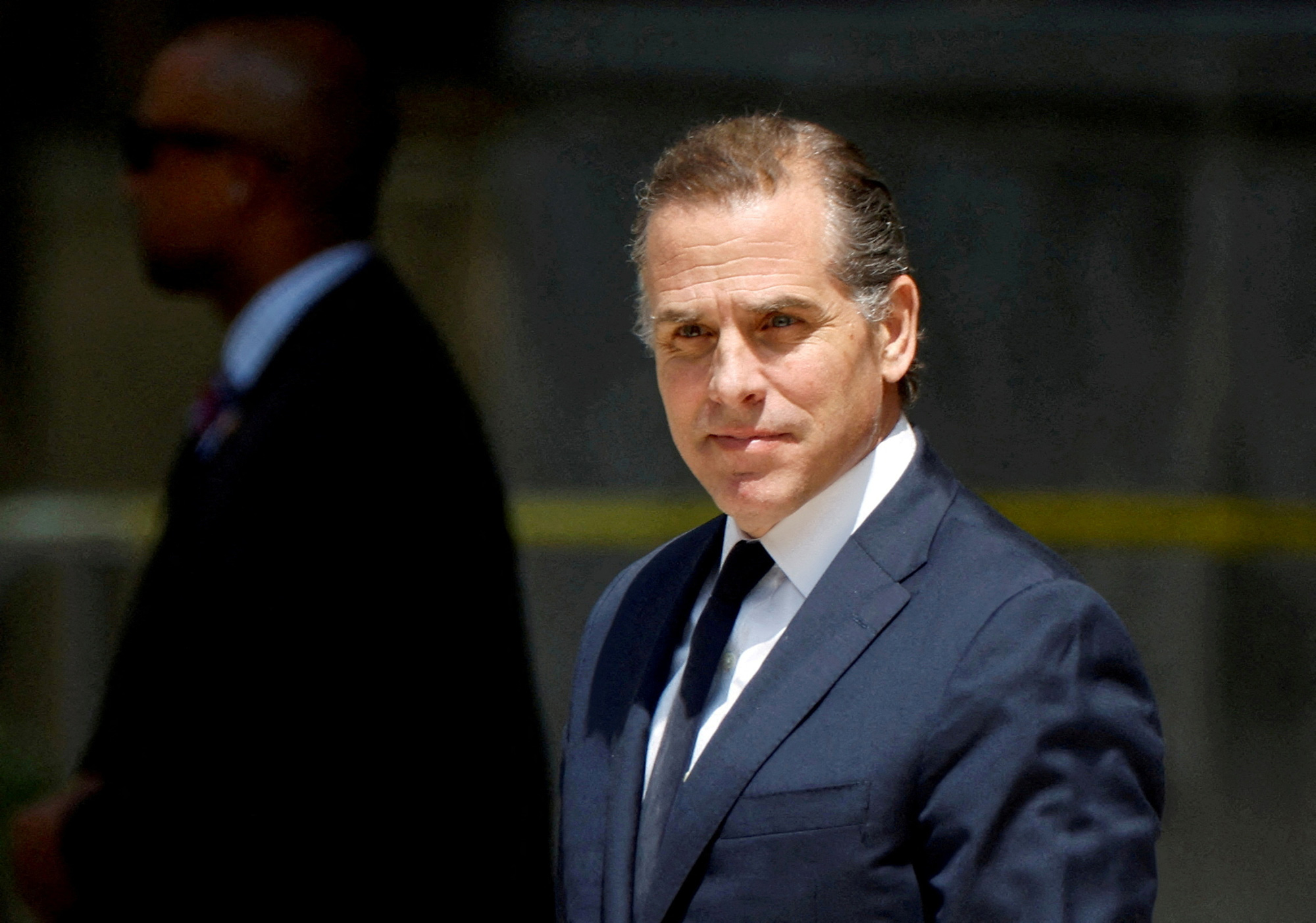

Hunter Biden was charged last month in connection with a long-running Justice Department investigation into his taxes – the second criminal case that special counsel David Weiss has brought against President Joe Biden’s son.
The charges span nine counts, including failure to file and pay taxes; evasion of assessment; and false or fraudulent tax return.
According to the special counsel’s team, Hunter Biden “engaged in a four-year scheme to not pay at least $1.4 million” in taxes that he owed from 2016 through 2019. Though Hunter Biden did eventually pay his taxes from 2018, prosecutors allege that he included “false business deductions in order to evade assessment of taxes to reduce the substantial tax liabilities he faced.”
Prosecutors also allege in the 56-page indictment that he “subverted the payroll and tax withholding process of his own company” by withdrawing millions of dollars outside of its payroll and tax withholding process.
The president’s son “spent millions of dollars on an extravagant lifestyle rather than paying his tax bills,” according to the indictment, which states that “between 2016 and October 15, 2020, the Defendant spent this money on drugs, escorts and girlfriends, luxury hotels and rental properties, exotic cars, clothing, and other items of a personal nature, in short, everything but his taxes.”
The indictment also referenced Hunter Biden’s 2021 memoir, “Beautiful Things,” in which he detailed some of his personal struggles with addiction and substance abuse. He was paid more than $140,000 related to the book from January through October 15, 2020, according to the indictment.
Hunter Biden’s attorney, Abbe Lowell, said in a statement that “based on the facts and the law, if Hunter’s last name was anything other than Biden, the charges in Delaware, and now California, would not have been brought.”
